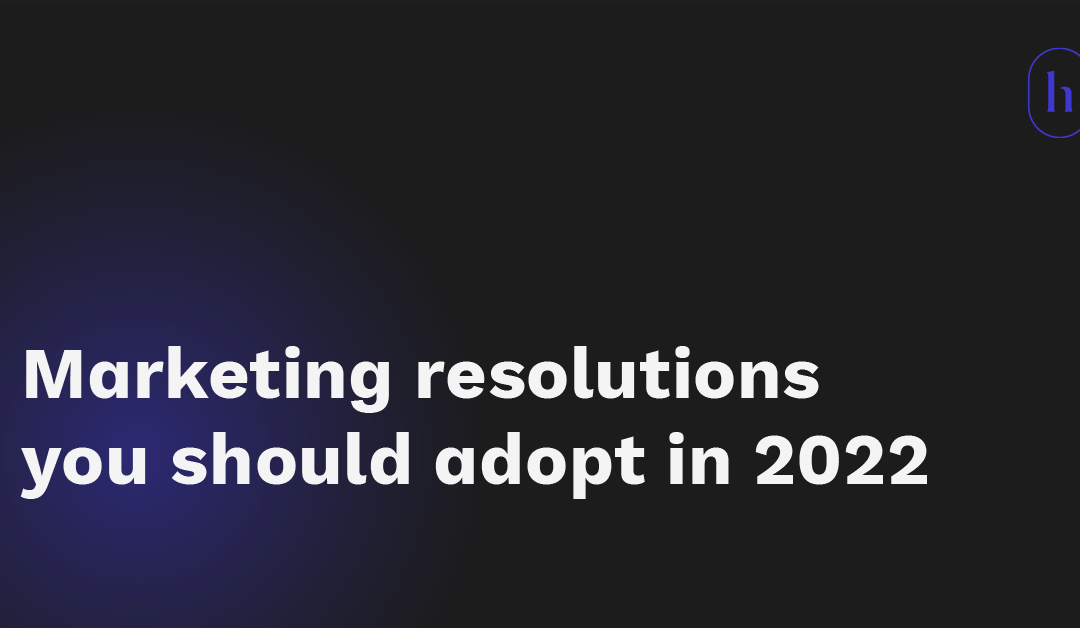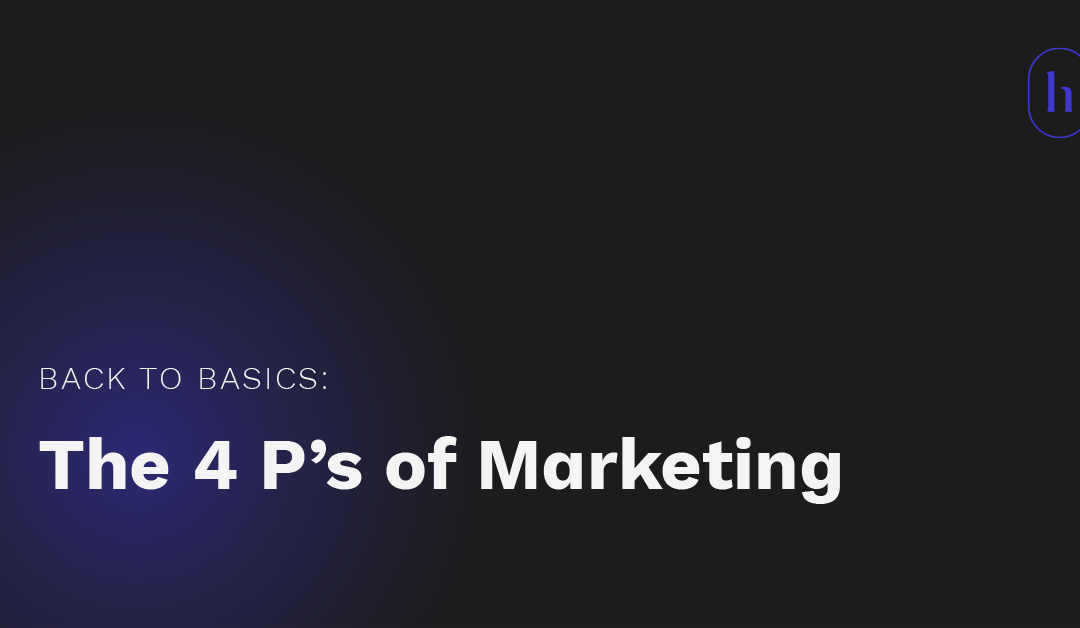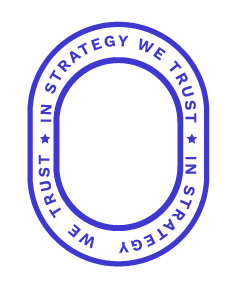
Marketing resolutions you should adopt
Marketing Resolutions You Should Adopt
On the eve of every new year, we make resolutions that will drive us towards our goals in the months to come. While many of us may give up on our promises to only eat salad early on in the year, keeping your promises to your business can make the difference between growth and decline this year.
Many businesses throw marketing to the wayside and don’t understand how strategic marketing resolutions can truly propel your brand’s success. Whether it’s January first or the middle of August, it’s never too late to adopt a marketing resolution so we’ve rounded up some common goals and the resolutions you can adopt to make 2022 your brand’s best year yet.
Goal: Gain a social media following
Resolution: Stay consistent with social media
The secret to a top-tier social media strategy is no secret: it’s all about consistency. This means interacting consistently, posting regularly, and taking the time to create unique and memorable content for your audience. It can be time consuming, but the increase in engagement and conversions is worth it.
Goal: Get your brand recognize
Resolution: Maintain brand consistency
Brand recognition takes time, effort, and- you guessed it- consistency. It’s important to know your brand’s identity inside and out so you can build upon a solid foundation. Keeping your logo, brand colors, and style the same while you build your brand will help your audience build recognition.
Goal: Spend marketing dollars more wisely
Resolution: Set a marketing budget
While you can do all your marketing yourself, it can be a time-consuming endeavor if you already have a full schedule running your business. Your marketing dollars can be spent on social media management tools like Hootsuite or Sprout, improving your ad visibility on Google and Facebook, and/or hiring an outside marketing team to help you meet all your marketing goals.
Goal: Increase conversion rate
Resolution: Regularly analyze marketing data
To increase your conversion rate, start by collecting as much marketing data as you can so you can analyze your strengths and weaknesses. If you understand where your website visitors are clicking on your website, you can learn where they are when they decide to leave your website and focus on creating new content, landing pages, and calls to action that keep them interested. Make sure that you’re collecting enough data to make informed decisions — 10 page views or a week of social media engagement is not enough.
Goal: Generate new content
Resolution: Start a blog
Starting a blog for your business’s website can have numerous benefits for your brand. A blog offers your audience a glimpse into who you are, your expertise, and can act as a conversation between you and your audience. You gain credibility with your audience by writing about your products and services. Plus, blogs are a wealth of content that you can share over time on your social media accounts.
Whatever marketing resolutions you choose, sticking to them all year round is the key to helping your brand grow and reaching your goals. With consultation services, marketing campaign assistance, outsourced marketing, and so much more, the marketing professionals at Hoyden are always here to support your marketing goals and help your brand have its best year ever.







